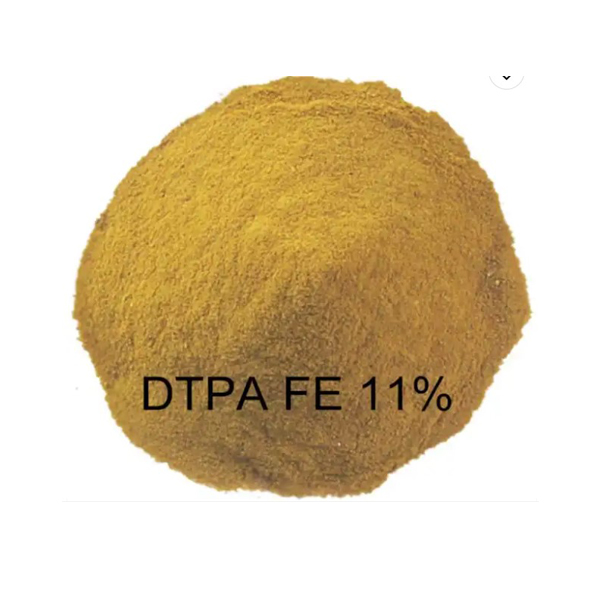
News
Jul . 28, 2024 01:14 Back to list
Essential Micronutrients for Optimal Growth and Development in Wheat Plants and Their Importance
Micronutrients for Wheat Plants Essential Elements for Healthy Growth
Wheat (Triticum spp.) is one of the most widely cultivated staple crops in the world, serving as a vital source of calories for billions of people. The successful cultivation of wheat depends not only on macronutrients such as nitrogen, phosphorus, and potassium but also on the essential role of micronutrients. These micronutrients, although needed in smaller quantities, are crucial for the healthy growth and development of wheat plants.
Micronutrients include elements like iron, manganese, zinc, copper, boron, molybdenum, and chlorine. Each of these nutrients plays a unique and irreplaceable role in various physiological and biochemical processes within the plant. Understanding their importance is critical for wheat farmers looking to maximize yield and ensure plant health.
Iron (Fe) is essential for chlorophyll synthesis and is a key component of various enzymes involved in photosynthesis and respiration. A deficiency in iron leads to chlorosis, a condition where leaves turn yellow due to insufficient chlorophyll. This not only affects the plant's ability to photosynthesize effectively but can also lead to reduced yields.
Manganese (Mn) is another crucial micronutrient that assists in photosynthesis by activating enzymes involved in the photosynthetic process. Additionally, manganese plays a role in the metabolism of nitrogen and carbohydrate. Wheat plants deficient in manganese may exhibit interveinal chlorosis and poor grain filling, which can significantly impact overall yield.
Zinc (Zn) is vital for the production of auxins, hormones that regulate plant growth. Zinc deficiency can lead to stunted growth and reduced kernel formation, as it plays a crucial role in cell division and elongation. It has been observed that adequate zinc levels contribute to better disease resistance and stress tolerance in wheat plants.
micronutrients for wheat plants

Copper (Cu) is involved in several enzyme systems that facilitate photosynthesis, respiration, and lignification. It is necessary for the formation of chlorophyll and plays a role in the utilization of phosphorus, another important macronutrient. A deficiency in copper may also lead to increased susceptibility to diseases.
Boron (B) is essential for cell wall formation and is crucial in reproductive development. It affects pollen viability and seed set, making it vital for achieving optimal yields. When boron levels are low, wheat plants may experience poor reproductive success, resulting in reduced grain yields.
Molybdenum (Mo), although required in minuscule amounts, is pivotal for nitrogen metabolism. It is a component of the enzyme nitrate reductase, which is essential in the nitrogen assimilation process. Molybdenum deficiency can hinder the plant's ability to utilize nitrogen effectively, leading to stunted growth and yellowing of leaves.
Chlorine (Cl), while often overlooked, is important for photosynthesis and helps maintain plant hydration and nutrient balance. Chlorine also plays a role in osmotic regulation, assisting plants in adapting to drought conditions.
In conclusion, while macronutrients are essential for the growth of wheat, the significance of micronutrients cannot be understated. Deficiencies in any of these critical elements can adversely affect the plant's development, leading to reduced yields and increased susceptibility to diseases and environmental stresses. Therefore, a balanced approach to nutrient management that includes both macro and micronutrients is fundamental for sustainable wheat production. Regular soil testing and the implementation of targeted fertilization strategies can help ensure that wheat plants receive the optimal levels of micronutrients, which ultimately enhances productivity and supports global food security.
-
Polyaspartic Acid Salts in Agricultural Fertilizers: A Sustainable Solution
NewsJul.21,2025
-
OEM Chelating Agent Preservative Supplier & Manufacturer High-Quality Customized Solutions
NewsJul.08,2025
-
OEM Potassium Chelating Agent Manufacturer - Custom Potassium Oxalate & Citrate Solutions
NewsJul.08,2025
-
OEM Pentasodium DTPA Chelating Agent Supplier & Manufacturer High Purity & Cost-Effective Solutions
NewsJul.08,2025
-
High-Efficiency Chelated Trace Elements Fertilizer Bulk Supplier & Manufacturer Quotes
NewsJul.07,2025
-
High Quality K Formation for a Chelating Agent – Reliable Manufacturer & Supplier
NewsJul.07,2025
